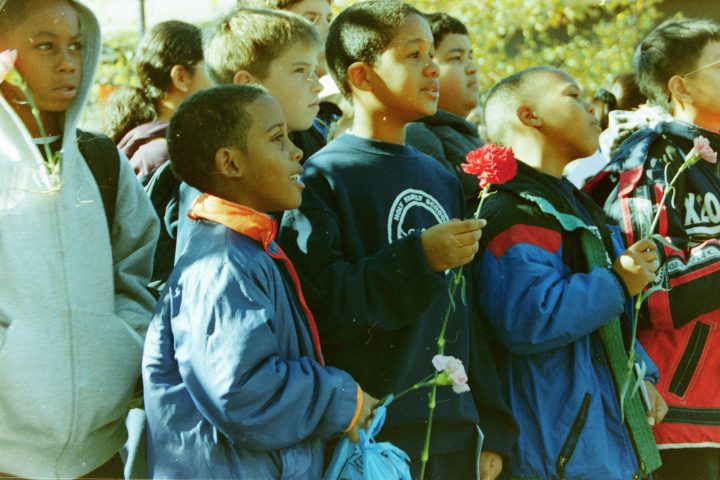In a recent column in the New York Times, Ben Rhodes writes that it’s a mistake for those on the left to promise that “America will be back” after Trump leaves. “That ignores the enormous mistakes elites made over the last three decades and the political context that allowed Mr. Trump to return to power with the mind-set of an arsonist. We’re not coming back, and that’s OK. Indeed, it’s an opportunity.
Our intention should be to return to the world as a different country. That requires something that Americans have not always done well: listening. We have much to learn.”
A different America. What would that look like? Who do we need to listen to? What do we need to learn? What do we need to do differently? What should be our vision?
We might start by recognizing that we need each other. This is a vast and diverse country and none of us – left or right – has as all the answers. We can choose to open our hearts, minds and hands instead of continuing down the path of competing interests, increasing chaos and violence. One good step would be to stop obsessing with social media and actually take time to engage in conversation. We might be surprised by what we discover.
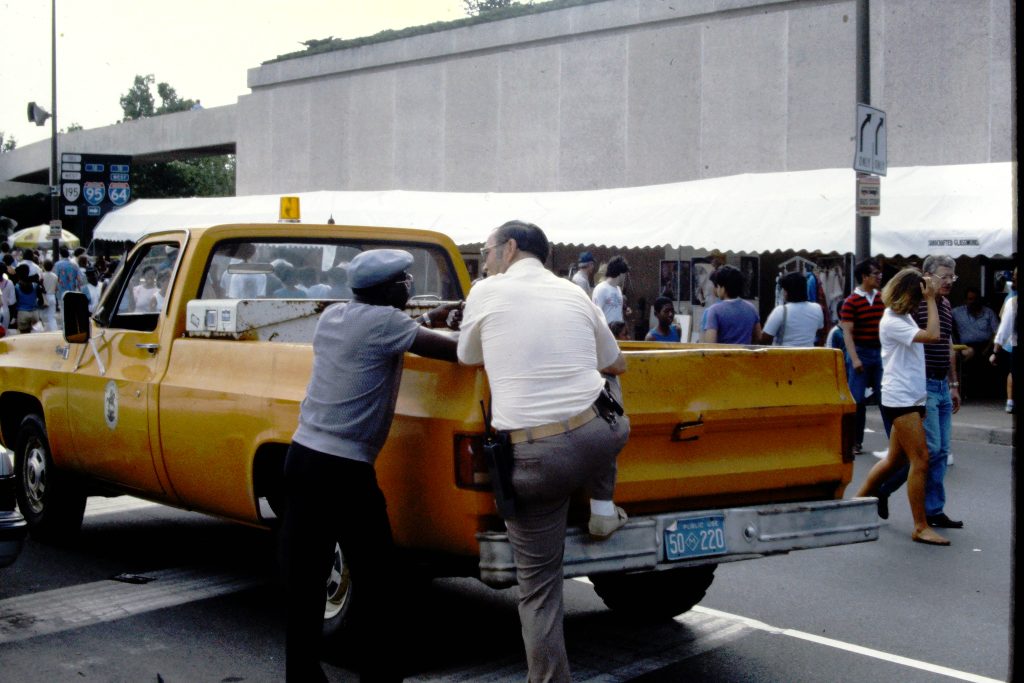
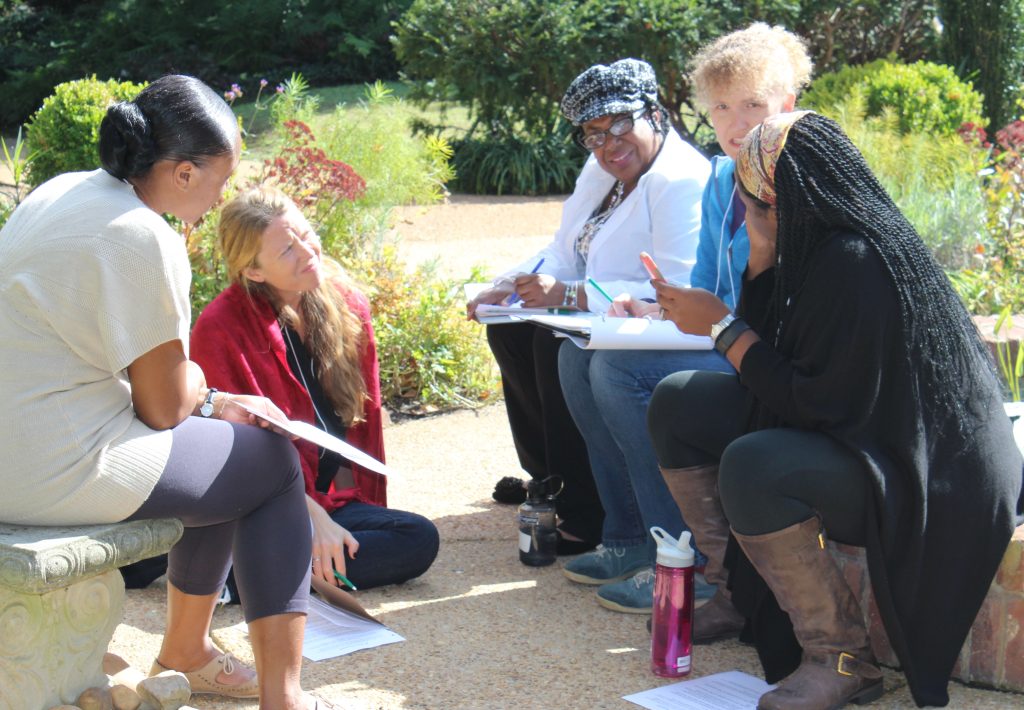
Ben Rhodes says, “And ironically, we now have more in common with people in other countries living under corruption, autocracy and oligarchy. Perhaps this chapter in our national experience can be a moment when we find a new kind of solidarity with others who have been through versions of what we are now experiencing.” We should return to the world as a humbler America, readier to admit mistakes and rebuild international relationships based on an inclusive moral vision rather than material self-interest.
America has a rich history that has produced a unique republic to which people of many cultures and races have contributed. It has also been marked by pain, cruelty and struggle. We need to learn to be comfortable with the complexity and the ambiguity of that history. All of us have things of which we can be proud, as well as shameful things that must be acknowledged.
In a different America we will discard simplistic perspectives that categorize one group as “victim” and another as “perpetrator”. This drives us apart and prevents us from working creatively for solutions. A dentist friend of conservative views, who devoted much time to pro bono work, attended a “dismantling racism” training session. He withdrew in frustration because the trainer insisted on group acceptance of a particular social construct and historical interpretation. He was made to feel that his contribution to the community was of no value. A potential ally was lost.
In a different America we will listen to one another’s stories. Fear of not being heard or respected is just as powerful as fear of loss of material wealth. As David Brooks puts it: “If a country can’t tell narratives in which everybody finds an honorable place, then righteous rage will drive people toward tribal narratives that tear us apart.”
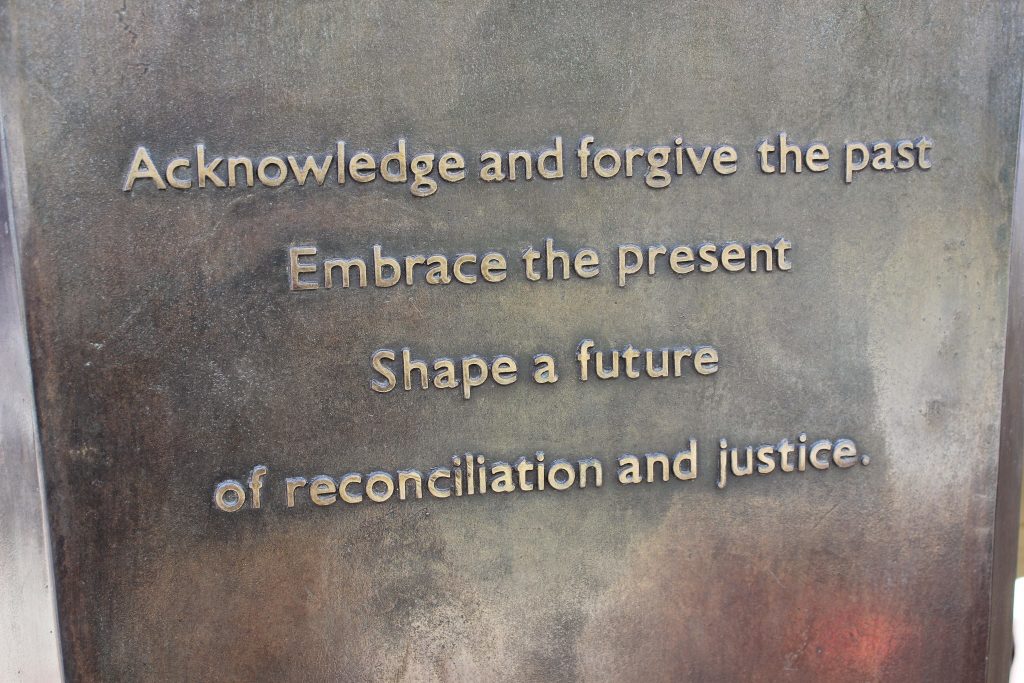
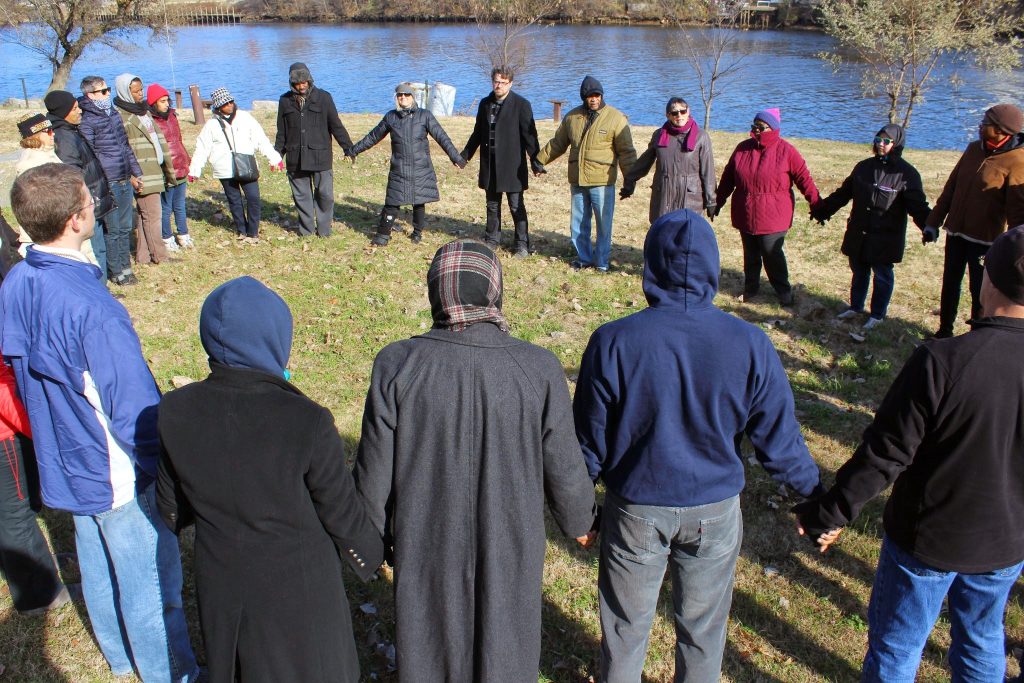
After Trump’s victory last November, many people asked, “Are racial divides being superseded by economics?” Clearly, Trump is no friend of the working class. But large numbers of working-class Americans, including a greatly increased percentage of Latinos as well as white and Black young people without college degrees voted for Trump. In my own state of Texas, the trend is dramatic. In a county bordering Mexico with a 96 percent Hispanic voting population, there was an 89-percentage point shift in Trump’s favor. In a different America, liberals on the east and west coast, in major cities and elite universities, will shed convoluted language and obsessive political correctness and take time to appreciate more fully the lives and everyday concerns of Americans hundreds of miles from the seats of higher learning, wealth and political power.
In a different America, the environment and the future of this planet for our grandchildren and great-grandchildren will be a priority for all. Only in recent years has it become politicized. Democrats should openly acknowledge the contribution of Republicans over the decades and challenge them to honor that legacy. Ezra Klein and Derek Thompson remind us in Abundance, “Nixon signed the National Environmental Policy act, the Clean Air Act, and the Endangered Species Act, and he created the Environmental Protection Agency, making him arguably the most important environmentalist of the 20th century.”
In a different America, we will become more aware of the difference between intent and impact. Important environmental policies have spawned multiple regulations that put a brake on much-needed infrastructure. California’s high-speed rail project to connect San Francisco and Los Angeles has languished for decades.
Access to an affordable and accessible housing supply has greatly diminished. Klein and Thompson note that Texas is the largest single beneficiary of California’s housing crisis partly because of its less restrictive policies. In 2022 the Austin metro area permitted 18 new homes for every 1000 residents, while Los Angeles and San Francisco metro areas permitted only 2.5 units per thousand residents. “Liberals perfected the art of ending abuse but the layer upon layers of legislation have made it almost impossible to move at the speed necessary.”
The wealthiest and most liberal-minded cities are the most expensive to live in and have the most restrictive zoning. Signs for “Black Lives Matter” and “Diversity Makes Us Stronger” sit in yards zoned for single families and in communities that organize against efforts to add the new homes that would bring these proclaimed values closer to reality. In a different America, liberals will encourage legislation to remove overly restrictive zoning laws. This may mean welcoming shelters and housing for low-income people in our own neighborhoods. It may mean having honest conversation around school redistricting or being willing for our children to be a minority in a school.
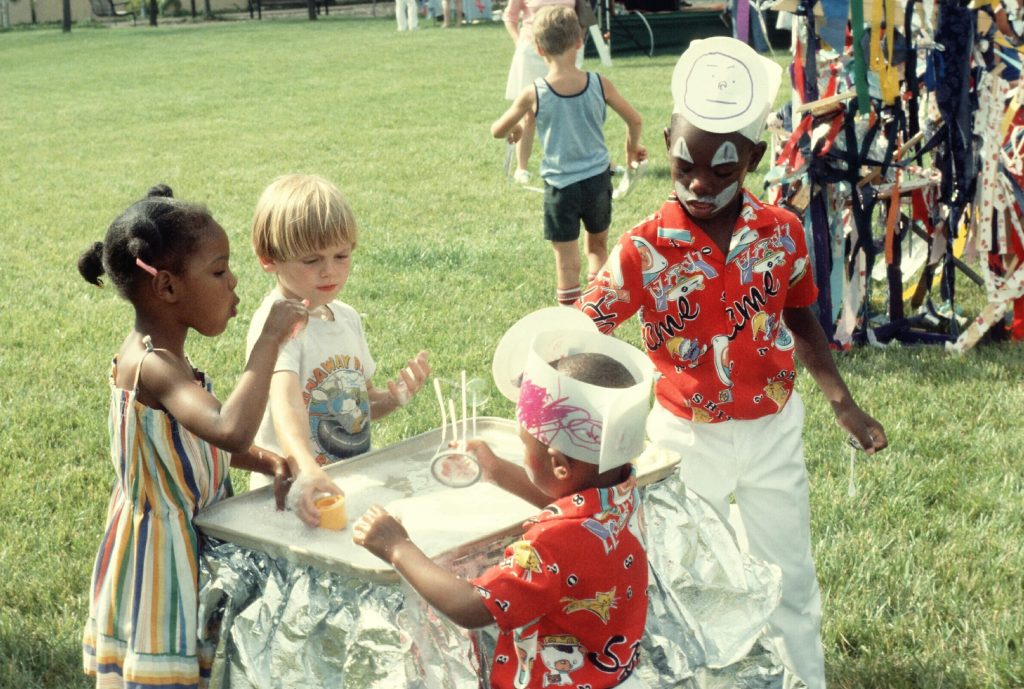
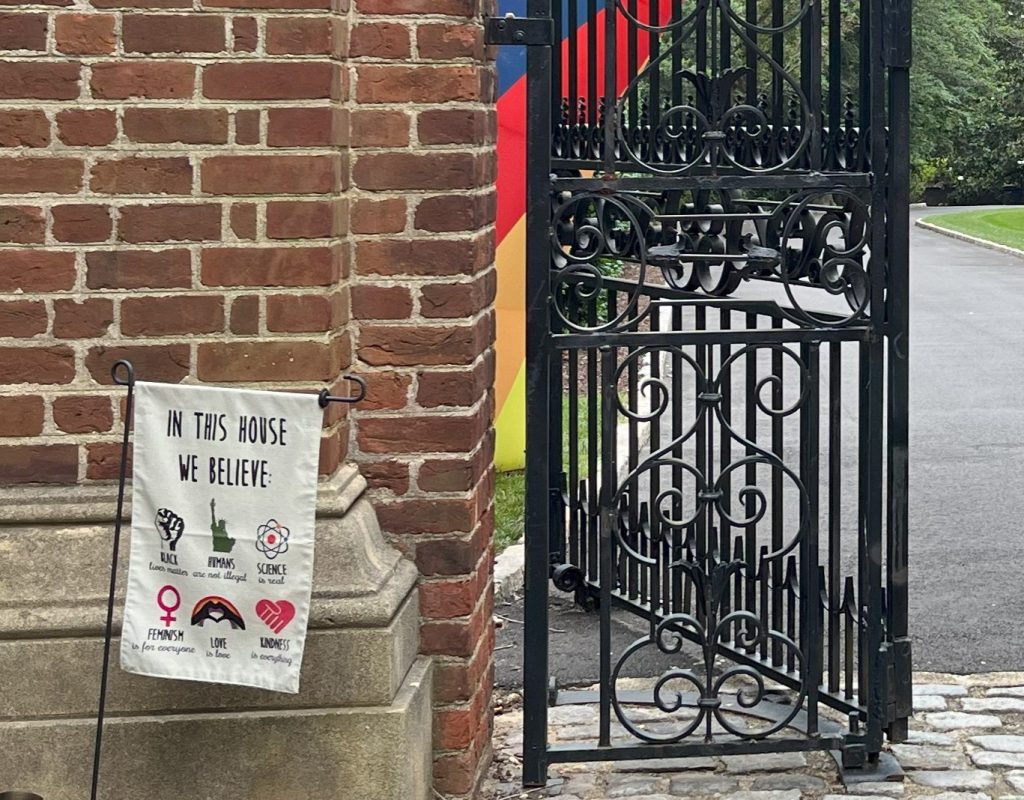
We need to be honest with ourselves. Klein and Thompson write: “Americans like both the rhetoric and reality of low taxes, but they also like the programs that taxes fund.” Republicans support politicians “who talk of personal responsibility but want a safety net tightened if they or those they know and love fall… In many blue states voters exhibit the same split political personality, but in reverse: they are symbolically liberal but operationally conservative.”
Liberals have played a large part in the growing ascendancy of secularism and moral relativism. They often downplay the role of faith, personal responsibility and traditional family life. This has had a devastating effect on the poorest sections of the country. In 2016 Nicholas Kristof wrote, “Liberals too often are reluctant to acknowledge that struggling, despairing people sometimes compound their misfortune by self-medicating or engaging in irresponsible, self-destructive behavior. And conservatives too often want to stop the conversation there, without acknowledging our society’s irresponsible self-destructive refusal to help children who are otherwise programmed for failure.” Poverty is a moral challenge for the richest nation on earth. In a different America, liberals will find common cause with conservatives in addressing both the inner and outer causes. If undertaken seriously, this approach could bring to birth a new united and powerful movement for social justice.
In a different America, Democrats and Republicans will put the good of the country before political advantage and work together to create a just, efficient, and humane approach to immigration with secure borders and a properly resourced process. A different America will have affordable health care. Arkansas, under Governor Sarah Huckabee, a Republican, has banned anti-competitive practices that allow pharmacy benefit managers to dominate the prescription drug market, raking in enormous profits. We will have more hospitals owned by doctors rather than corporations, and accessible care in rural areas. Pro-lifers will support efforts to lower the costs of childbirth and child care, and to make free early childhood education available nationally.
Jim Wallis writes in On God’s Side: “I believe the best idea of the conservative political philosophy is the call to personal responsibility: choices and decisions about individual moral behavior, personal relationships like marriage and parenting, work ethics, fiscal integrity, service, compassion, and integrity. And the best idea of the liberal philosophy is the call to the social responsibility: the commitment to our neighbor, economic fairness, racial and gender equality, the just nature of society, needed social safety nets, public accountability for business, and the importance of cooperative international relationships. The common good comprises the best of both ideas – we need to be both personally responsible and socially just.”
We might do well to recall the challenge of A Call to Community launched at the National Press Club in 1996 by Hope in the Cities/Initiatives of Change in partnership with Everyday Democracy and signed by city mayors including the mayors of Atlanta, Baltimore, Cincinnati, Austin, and Louisville, as well as members of Congress of both parties, national civil rights organizations and leaders of all major faith denominations: “We invite everyone to join us in a renewed commitment to an American community based on justice, reconciliation and excellence…The new American community will flow from a spirit of giving freely without demanding anything in return. In this new American community, when any one individual is injured, exploited, or demeaned, all of us will feel the pain and be diminished. It will be a place where hearts can put down roots and where each feels accepted and at home.”
Yes, we need to come back as a different America. Each one of us has a part to play, starting in our own neighborhood and our own city.
